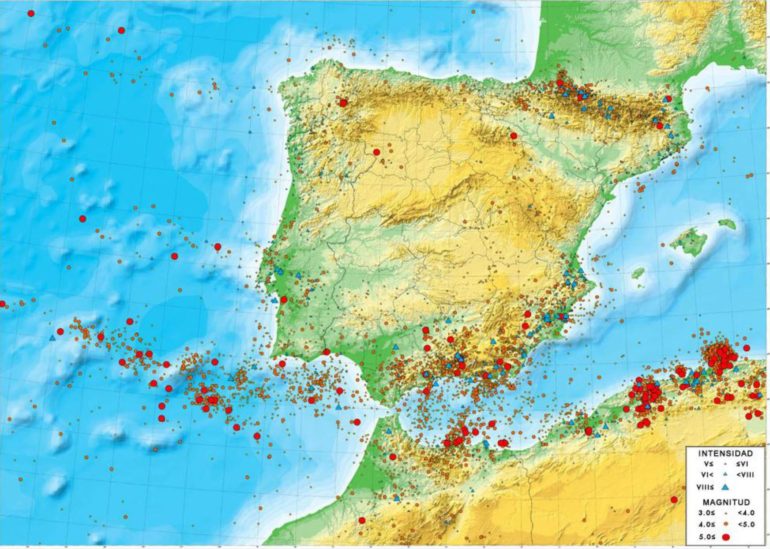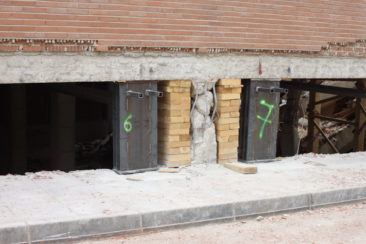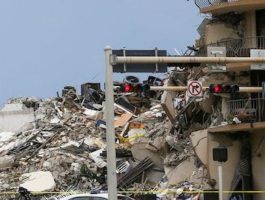
Will the latest series of earthquakes in Granada make us react?
More and more, it is widely believed that earthquakes pose no significant risk in Spain. However, the data available to us indicates that this seismic risk is by no means negligible.
Why do earthquakes occur in Spain?
The Iberian Peninsula is located on the Eurasian tectonic plate, on the border with the African tectonic plate. Both the friction between tectonic plates and the activity of geological faults can produce accumulations of energy that, at a given moment, are released in the form of seismic waves towards the surface of the earth’s crust, producing an earthquake. The areas that historically present the highest seismicity in the peninsula are the south, southeast and the Pyrenees. It is estimated that the 10 historical earthquakes with the greatest intensity since the year 1300 have produced around 4,900 deaths in Spain, and an incalculable amount of damage based on historical chronicles.
Unfortunately, we do not have to go very far in time to remember the Lorca earthquake (2011), whose intensity was not one of the largest recorded, but in which there were 9 deaths and more than 1,200 buildings that were later demolished. The analyses that we carried out then allowed us to conclude that the greatest personal and material damages were due to mistakes in design both in old and new construction.

Despite the evolution of the earthquake resistant standards since 1969, some new constructions continue to incorporate bad practices such as short pillars, a very common typology in Spain; as evidence, one of the buildings that collapsed in Lorca was only 2 years old at the time.
In this sense, the last series of earthquakes that occurred in the province of Granada at the end of January should serve as a warning and motivation to update the seismic maps with the current information we have today, and to enforce the seismic construction regulations that many buildings still fail to meet.
As a consequence of these earthquakes, some building owners have become interested in getting their assets appraised by qualified technical teams. This is all the more relevant knowing that home insurance does not cover earthquake claims, but that it is the “Compensation Board” that would hypothetically cover these damages. This review of buildings should become common practice and should be promoted and encouraged by the different public administrations.
At Dynamis, our team has the experience, the know-how and technical capabilities, but above all, the commitment to find creative solutions to guarantee the resistance of constructions against earthquake damages.
Do not hesitate to share your concerns, doubts or suggestions with us.






